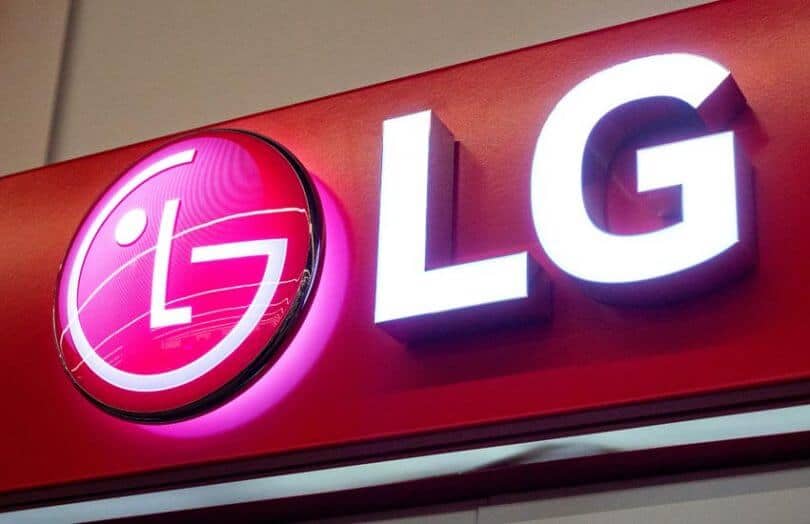Join Our Telegram channel to stay up to date on breaking news coverage
PegNet, a Decentralized Finance (DeFi) platform, has recently had a 51% attack happen on its network. The attack was made by the four top miners of the network, and fraudulently created $6.7 million in stablecoins. However, the miners now claim it was a security test.
Frontier Sectors Vulnerable To Drama
The decentralized finance industry is still in its fledgling stages, and has been plagued by drama because of it. PegNet, a Factom-based stablecoin network, has been the latest victim of these dramas. The network managed to suffer a 51% attack, which in turn resulted in $6.7 million in USD-pegged stablecoin, pUSD, to be fraudulently created.
The attack was executed by the four biggest miners on PegNet, who collectively owned 70% of the hash rate of the network. On the 22nd of April, the attack commenced and ended with the unsuccessful attempts from the miners to liquidate these funds after they were made. After they failed to liquidate, the miners have now started to claim that this entire thing was just a security penetration test, and had no malicious intentions whatsoever
Sound System Outside Of Fraud
WhoSoup, a core developer of PegNet, gave a small recap of the event. It should be noted that WhoSoup is convinced that this was an explicit attack on the network itself.
PegNet is a decentralized network that is, in turn, built on top of Factom. It supports tokens that are pegged to 42 different assets. These assets include commodities, fiat currencies, as well as other cryptocurrencies as well.
The way the PegNet network receives its price data from miners, is through Oracles and APIs. In theory, this maintains price stability. Each blick mandates up to 50 data submissions, with the network automatically discarding the 25 entries that’s furthest away from the average price. Without tampering, this is a sound system.
Claims Of Testing Security
However, at approximately 05:00 UTC, these four miners started to submit data to artificially inflate these stablecoins for a brief amount of time. Notably, the miners boosted the price of the Japanese yen-backed stablecoin, pJPY, by submitting 35 of these 50 entries at extreme prices.
Once the pJPY was hugely inflated, the miners exchanged a wallet of 1.265.79 pJPY, going for about $11, for a staggering $6.7 billion pUSD. Luckily, these miners hit a snag, and the group couldn’t achieve success in the attempts to liquidate these funds.
The majority of these fraudulently made stablecoins have been sent to a burn address since then, with no known private key to access it. As it stands now, the miners are swearing high and low that they were simply doing a penetration test of the network. Luckily, no user funds were affected in the approximate 20-minute attack.
Join Our Telegram channel to stay up to date on breaking news coverage



